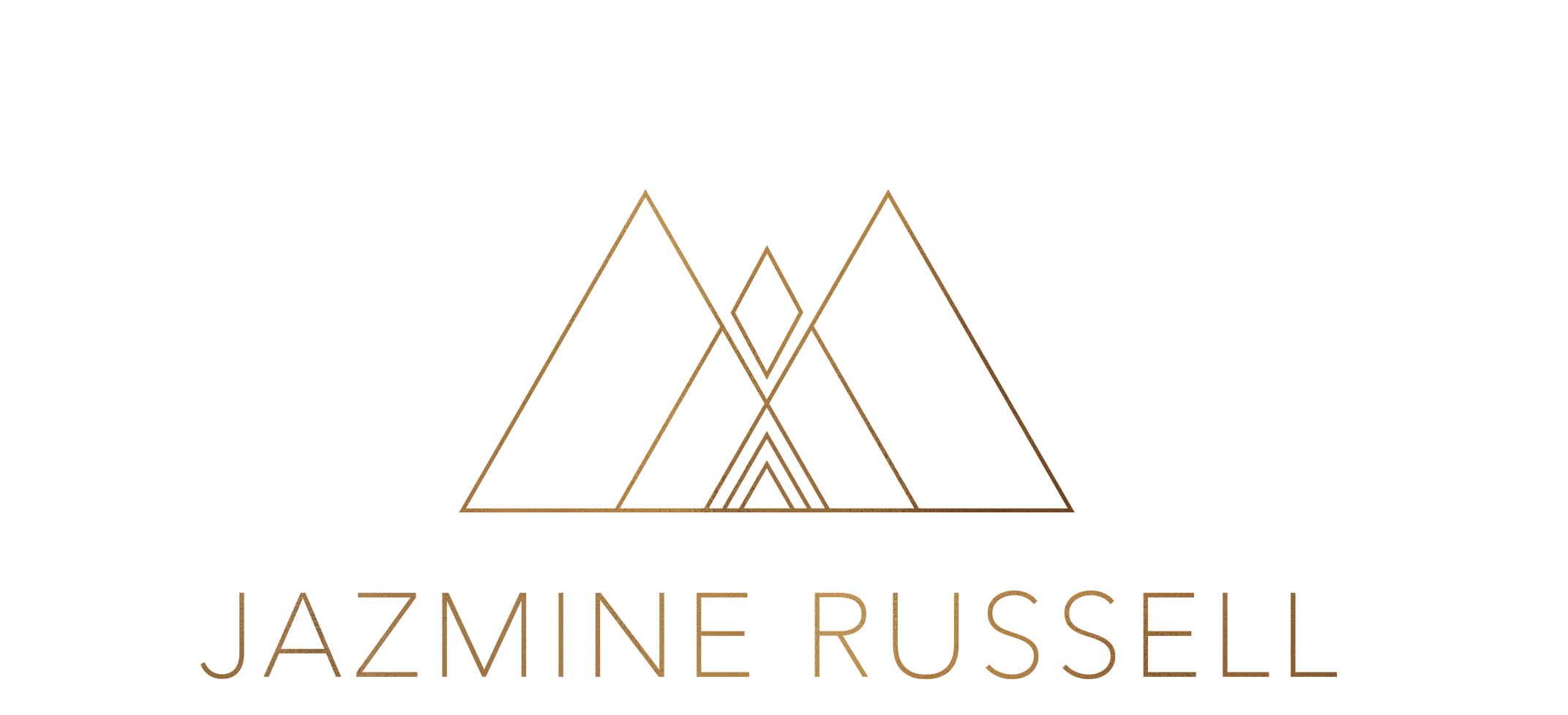On Healing Fatigue
Healing fatigue is real. If you've been in the weeds of trying to figure out how to feel better for so long that the search itself is exhausting - I'm with you. It’s impossible to be working on healing ourselves 24/7. We have to give ourselves breaks, even when it comes to our mental and emotional wellbeing. The kind of energy or approach we come into our healing work with, greatly impacts the outcome.
In prior years, in my most distressed states, I approached healing with a sense of urgency - seeking, searching, scouring every corner for the answer, or at least the next thing to try. It felt urgent because in many ways, it was. My whole body, mind, and soul seemed to hang in the balance of finding something that could help. While understandable, that sense of urgency and seeking was incredibly disempowering. It led to breakdowns after every visit with a practitioner who didn’t understand or couldn’t offer what I needed. It led to me spending countless hours researching, throwing spaghetti at the wall to see what works, but doing nothing long enough to actually have an impact because I was so burnt out. This is what I like to call "Healing Fatigue". Apathy sets in, you get so sick of treating yourself like a problem, that you want nothing to do with your trauma or pain nor it’s remedy.
There are a lot of factors that impact how we approach transformation and healing. In many ways, our approach is shaped by the way society trains us to think about ourselves, our bodies, and what it means to heal. What we are socialized to think we need, may actually be the very things keeping us stuck. In other words, how we approach healing can be a result of our trauma, especially in the broader context of systemic oppression.
Intersecting roots of disempowerment in the healing process:
1. Approaching our healing as if we are machines to be fixed is internalized patriarchy, perpetuating the assumption that we are broken and need to correct our thoughts, feelings and behavior. In reality, our pain may be a reaction or signal that something in our society or culture is in need of transformation.
2. Approaching our healing as if we are uninformed consumers in need of the right product, method, or pill is internalized capitalism, perpetuating the assumption that there is a singular answer outside of ourselves that we must gain access to with our time or money, or that we - alone - can solve it. In reality, our bodies and intuition will tell us what we need, and often that thing is connection to ourselves and community.
3. Approaching our healing as if there is a moment when suddenly we will find the "right" thing and be free of all our distress is indicative of a culture of reductionism, flattening ourselves and all our complexity into a project to be completed, or a checkbox to check off. In reality, healing is creative, iterative, and nuanced.
Each of these approaches that we've been conditioned into, indicate a lack of trust in the process of healing itself - a wise honorable process that happens incrementally and in accordance with our willingness to stand with ourselves, our bodies, and our spirit.
So take frequent breaks from trying to figure it out. Focus time and energy on the things that you enjoy, the things that make you feel alive, the people you love. Not that you need it, but here's your permission slip to just be.
On that note, if you're interested in learning more about deconstructing the ways we've come to think about mental health, and its intersections with systemic change and social justice, scroll down for an amazing new class.
Several years ago, I co-founded this amazing organization: The Institute for the Development of Human Arts, with a group of radical thinkers, researchers, clinicians, and activists in the mental health space. We put on trainings each semester that offer the kind of education we are NOT getting through traditional channels. If you're a clinician or an advocate, or just interested in diving into shifting mental health practice - join us for our upcoming classes!
Want more? Check Out Upcoming Events


